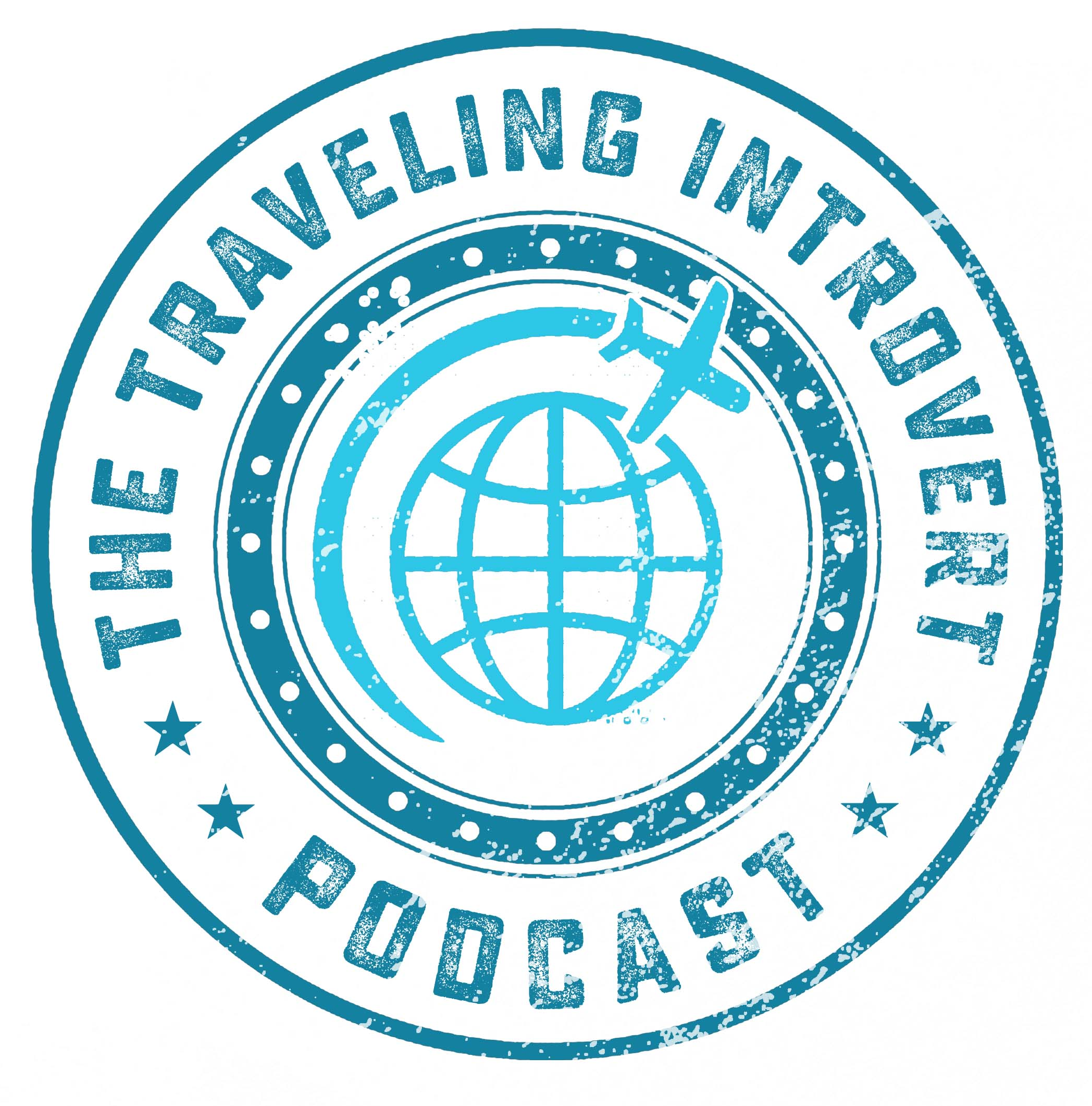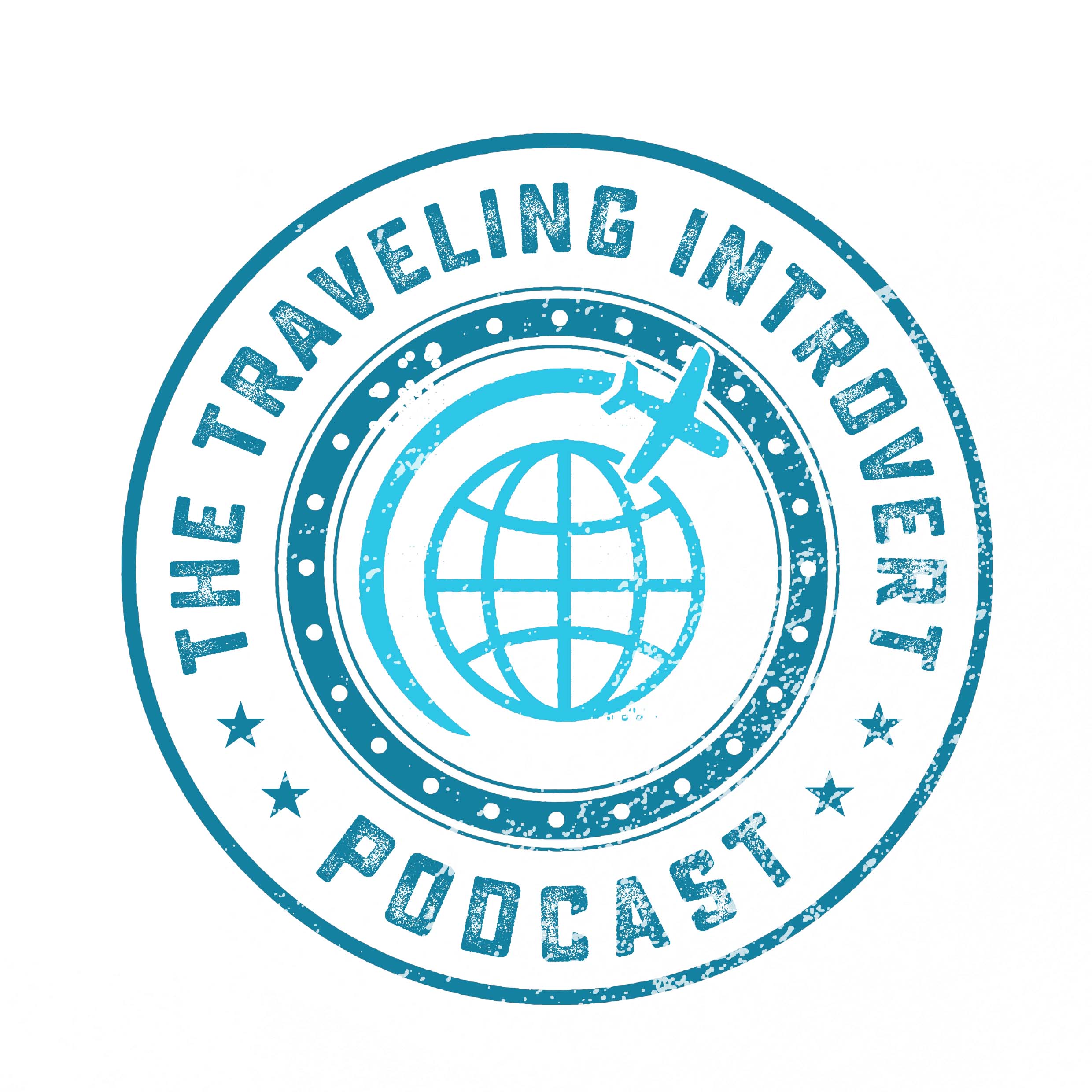Episode 389
Unlocking Your Unique Concentration Strategy
Introduction to Concentration
- Importance of concentration for productivity and achieving goals
- Individual strategies and trial and error
- Impact of different tasks, time, and conditions on concentration
- Factors affecting concentration
Environmental Factors
- Quiet spaces vs. background noise
- Music without lyrics
- Music with lyrics
- White noise
- Coffee shop noise
Time Management Techniques
- Pomodoro Technique
- 25 minutes on, 5 minutes off
- Longer breaks after two-hour periods
- Time Blocking
- Working on specific tasks during assigned time slots
- Extended Deep Work Sessions
- Sessions of 50 minutes to 90 minutes
Physical Health Considerations
- Importance of taking breaks
- Getting up every 30 minutes
- Resting eyes and looking into the distance
- Hydration
- Importance of well-fed and hydrated brain
- Regular physical activity
- Short walks
- Use of standing desks
Mindfulness and Meditation
- Short breaks for mindfulness
- Benefits of meditation for concentration
ask Management
- Breaking big projects into smaller, manageable chunks
- Creating a sense of accomplishment with smaller tasks
Experimentation and Adjustment
- Identifying peak focus times during the day
- Trying different concentration techniques
- Tracking effectiveness
- Logging focus times and productivity
- Making adjustments based on tracked data
Transcript
Hello, and welcome to the traveling introvert. Today, I wanna talk about trying to figure out what helps you concentrate. And when I say concentrate, it's that you can focus on a task that you are doing for a certain amount of time. And this is really important for productivity and achieving goals. And so identifying your own personal strategy to help improve your concentration is really important long term, and it will take trial and error, and it might depend on the type of task that you're doing, might require something different to help you concentrate. And, there are many different sort of factors that can impact your concentration. And, as insurance, let's be honest, depending on how drained we're feeling definitely affects how we can or cannot concentrate. That's your mental health state, your physical health, and there are so many differences in things that will help you concentrate and what works for one person might not work for another.
Janice Chaka [:So the whole point of this is to think about what works for you and how to figure out what works for you, experimenting with different methods to find out what works best for you depending maybe on the task that you're doing or the time of day or even the season. And so one of the things that, like I said, kind of affect your concentration are is your environment. Quiet spaces versus background noise. And what type of background noise? Is it music without lyrics? Is it music with lyrics? Is it white noise, or is it coffee shop sounds? What works for you, what puts your brain in that flow state? There's time management, there are so many different ways to manage your time but there's sort of like the Pomodoro technique, where it's 25 minutes on, 5 minutes off in a 2 hour period and then a longer break. Maybe it's time blocking where you only work on certain types of tasks in a certain time period. So you only do emails for 30 minutes, and then you move on to bill paying and then you move on to sales or whatever it might be, or extended deep work sessions of maybe 50 minutes or an hour and a half 90 minutes, like whatever sort of works for you. And then there's sort of the physical health. Make sure that you get up every 30 minutes or so.
Janice Chaka [:Also, rest in your eyes. If what types of work that you're doing are you staring very concentrated at a screen for 30 minutes, make sure you take some time to look into the middle distance and the far distance. Ever so often set an alarm, so that you're not straining your eyes and you're giving your eyes a break. Along with that, hydration is key. Our brains work better when they are well fed and hydrated so that is part of your concentration mix your concentration smoothie I guess of things to think about that will help you work better. Regular breaks, get up, walk around, even if it's just like once around your apartment or once around the room, maybe spend 5 minutes on a a bike or standing up for half an hour and then sitting down again if you have a sitting standing desk Those are all important. Also, short breaks for mindfulness or meditation can be really useful for helping you come back and concentrate if you your mind has wandered. And of course, task management breaking big projects into smaller more manageable chunks even tasks that might seem a little unwieldy if it has you know more than 5 steps or 3 steps maybe break that down into smaller things that you can tick off so your brain is like oh yeah I did something.
Janice Chaka [:So you're experimenting and figuring out what works for you and a really good way to start that is start by identifying when you feel the most focused during the day It could be in the morning, it could be in the afternoon, it could be like me and I'm very much a night owl. Try different concentration week techniques maybe for a week or 2 and track their effectiveness, how you feel afterwards, did you get a certain amount of work done, tracking and paying attention to that detail and that data is going to help you figure out what works for you. Maybe how do you feel do you feel more focused, less distracted, more productive? Keeping a journal or a log and so where you can see where the results are taking you and then you can make adjustments as you move forward. Can create that concentration smoothie, that concentration toolkit of methods that work best for you and you can rotate and combine different techniques depending on the task and the situation. It's all about being flexible and figuring out what works for you so you can employ it in the work that you do. Thank you for listening. This is Janice at the Career Intrepid helping you build your brand and get hired. Have a great rest of your week.



